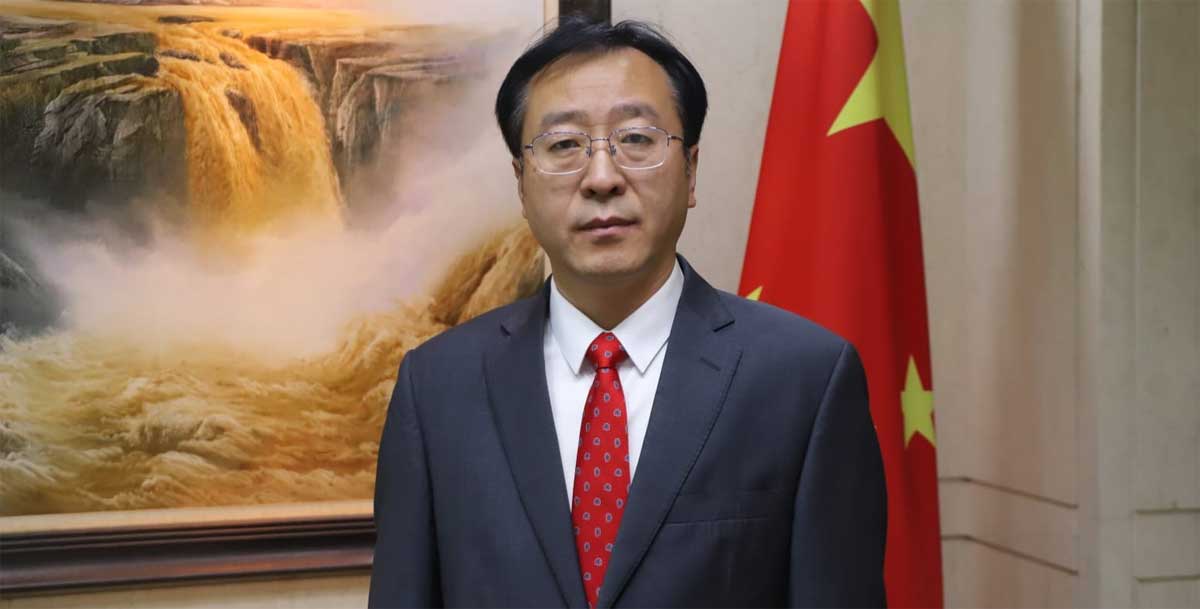Every year, on August 14th, Pakistan reverberates with a palpable sense of patriotism and national pride as it commemorates its Independence Day. This date marks the momentous occasion when the Indian subcontinent was partitioned in 1947, giving birth to the new nation of Pakistan. The day is celebrated with immense enthusiasm, reflecting the historical importance of the event and the resilience of the Pakistani people.
Historical Background: The struggle for independence in British India culminated in the partitioning of the subcontinent into two separate states: India and Pakistan. On August 14, 1947, Pakistan emerged as a sovereign nation, providing Muslims in the region with their own homeland where they could practice their religion freely and determine their own destiny. The division, however, came at a heavy cost, with communal violence and displacement affecting millions.
Traditions and Festivities: The Independence Day celebrations in Pakistan are a dazzling blend of traditions, culture, and patriotism. Weeks before the day, streets, homes, and public buildings are adorned with national flags, lights, and banners, giving the entire nation a vibrant appearance. People dress in green and white, the colors of the Pakistani flag, to symbolize unity and patriotism.
The festivities commence at the stroke of midnight on August 14th. The sky is illuminated with fireworks, symbolizing the triumph of freedom over oppression. The President and Prime Minister of Pakistan hoist the national flag at the Presidential and Prime Ministerial residences, respectively, while citizens gather at various venues to witness these flag-raising ceremonies.
Importance and Celebrations: Independence Day is not only a celebration of Pakistan’s birth as a nation but also a reminder of the sacrifices made by its citizens and leaders. It is an occasion to pay homage to the visionaries who fought tirelessly for Pakistan’s creation, particularly Muhammad Ali Jinnah, the “Quaid-i-Azam” (Great Leader), who spearheaded the movement for a separate homeland for Muslims.
Throughout the day, cultural events, parades, and exhibitions are held in various parts of the country. These events showcase Pakistan’s rich cultural heritage and diversity. Traditional music, dance performances, and local crafts are celebrated, adding a touch of festivity and showcasing the nation’s artistic prowess.
Schools, colleges, and universities also play an essential role in Independence Day celebrations. Special programs and events are organized, where students showcase their talents through speeches, debates, and artistic presentations that emphasize the significance of the day and the importance of unity and patriotism.
Conclusion: Pakistan’s Independence Day is more than just a date on the calendar; it’s a reminder of the nation’s journey from struggle to sovereignty. The day serves as an annual reaffirmation of the ideals of unity, faith, and discipline that were the foundation of Pakistan’s creation. Through celebrations that include flag hoisting, parades, cultural events, and patriotic fervor, Pakistanis pay tribute to their forefathers and demonstrate their commitment to a prosperous and united nation.
The significance of August 14th: Celebrating Pakistan’s Independence Day




